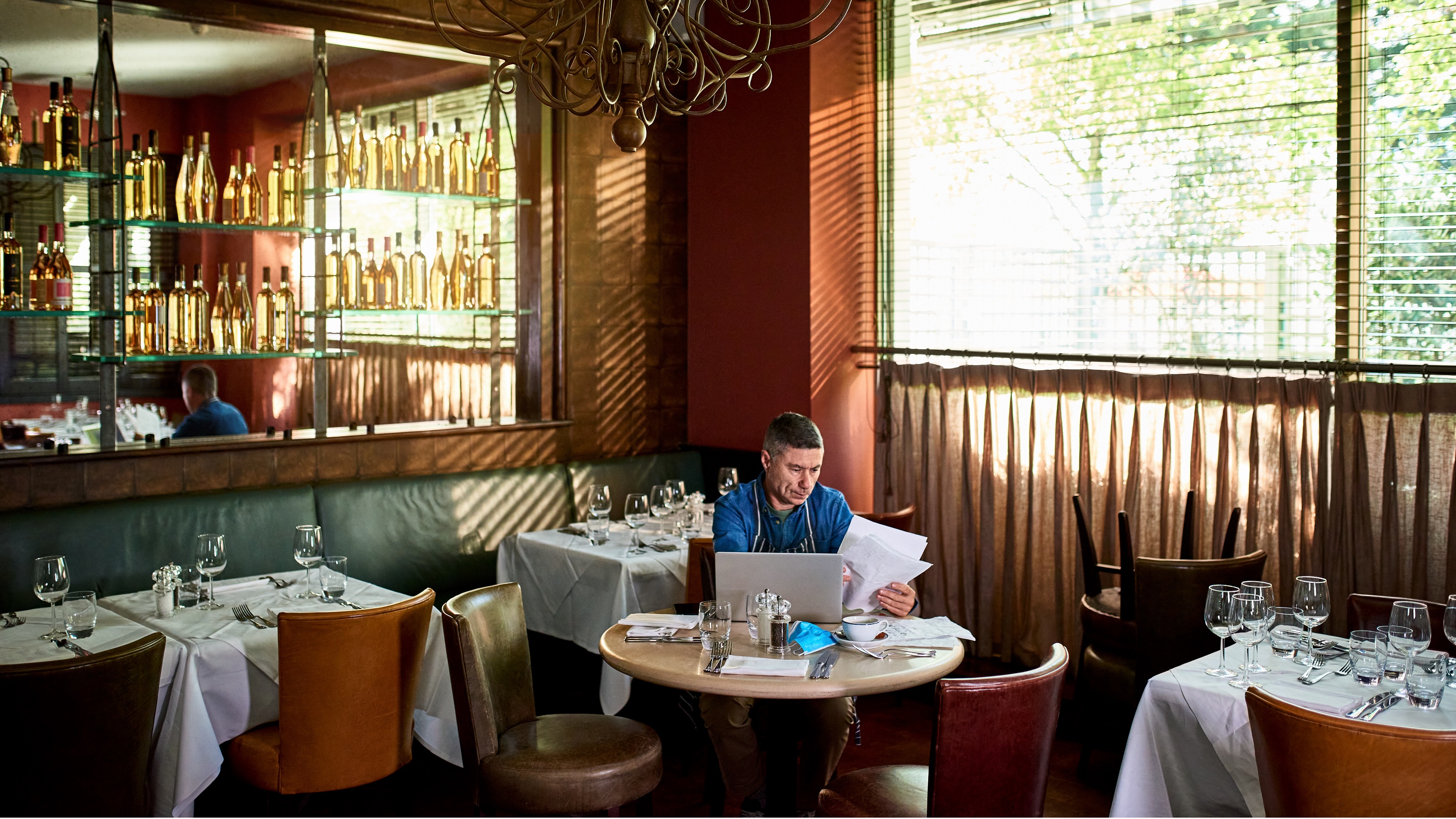
“Mr. Beaver, I inherited quite a bit of money from my father recently and have been asked by his much younger brother, ‘Ben’ (my uncle), to invest in a restaurant he plans on opening. He ran two restaurants that failed but has assured me, having learned from his mistakes, that he can guarantee this one will be successful, and I will have a 30% return on my investment within a year. He wants $250,000, which is almost all the money I inherited. ‘Cindy,’ my wife, says that Ben is incompetent, and she will divorce me if I give him the money. What do you think, Mr. Beaver? Thanks, ‘Harry.’”
My reply to him was among the lines of: The best decision you ever made was in marrying Cindy. But I disagree with her filing for divorce. My advice to her would be to send you to a mental health professional for evaluation. Are you out of your mind considering giving money to someone who has this track record of failure?
Being in business for 40 years provides some perspective
I ran Harry’s question by Las Vegas-based Eric Barth, who has been a consultant in the hospitality business for over 40 years and has opened over 100 restaurants, casinos and food halls. I asked, “What mistakes lead to a restaurant failing?”
He listed these mistakes that restaurant owners make:
1. Failing to understand the market and not doing a market study.
Consequences: You need to understand the offerings in the area and the prices. Based on that data, can you be competitive? If you can’t be competitive, then you are on a sure path to trouble.
If someone wants you to invest in a restaurant, your first question should be, “Please show me your concept statement and your local market study.” No market study? Forget it.
2. Writing a menu that your guests don’t understand.
Consequences: Your job is to help people enjoy their food and experience, not educate them! Eighty percent of what is on your menu needs to be recognizable to your guests. If your menu is so complicated, listing dozens of ingredients in the descriptions, and people have to Google what they are, you are going to fail miserably, as your customers will not come back.
3. Not testing your dishes with potential guests, friends and family.
Consequences: Just because you like something does not mean your customers will. Invite friends and family to try your dishes and politely ask them to tell you the truth. Respect their opinions.
4. Not creating a great work environment.
Consequences: Without a positive internal service culture, where the staff cares about helping one another, you will not have a positive external service culture, which is what the guests receive and can feel. Inexperienced restaurant owners have no understanding of how important this is. That partly explains why about 60% of restaurants are gone in three years. Owners who are destined for failure think, “They work for me.” No, they don’t — you work for them.
Instead, restaurant owners should pay attention to the details. Are the chairs comfortable? Are the right condiments available? Do the napkins fit the concept? Every choice is critical. For instance, there are industry studies that demonstrate just how important good-quality napkins are. If you are serving food that your guests will eat with their hands — such as ribs — or is very moist and greasy, napkins that resemble bathroom tissue will upset your customers, and they will point this out in their reviews.
5. Failing to learn and grow.
Consequences: Good entrepreneurs are always learning what sells and what doesn’t — asking why — and trying new items. They make adjustments. Items that are not selling well are always open to be replaced, and this is an area where you can experiment and possibly create some great signature dishes.
You will help your community’s interest in your restaurant grow by being aware of what works and what doesn’t.
Bonus tip: For a guaranteed migraine, do business with family!
Everybody is a restaurant expert in their own mind because they think it is easy. It’s not! Most independent restaurant people work 363 days a year. Whether they like it or not, it is all-consuming — enough to badly affect your health and relationships.
“The smartest thing in the world is: Don’t do business with friends and family,” Barth said. “Don’t invest with friends and family unless you can absolutely afford to lose the money with no resentment. Once that guy loses your reader’s quarter million dollars, can he still sit across the table from him and be in the same room?”
My advice
In my law practice, I’ve been witness to the real-life tragedy of what happens to families when a restaurant fails, taking with it their retirement savings, homes, kids’ money for college and more. So, if asked to invest in a restaurant, schedule a consultation with an attorney and CPA with experience in the hospitality area who will run the numbers, do a background check and give you a candid opinion.
Don’t jeopardize your future financial security for what often becomes a losing visit to a casino because you want to please a friend or family member.
Dennis Beaver practices law in Bakersfield, Calif., and welcomes comments and questions from readers, which may be faxed to (661) 323-7993, or e-mailed to Lagombeaver1@gmail.com. And be sure to visit dennisbeaver.com.







